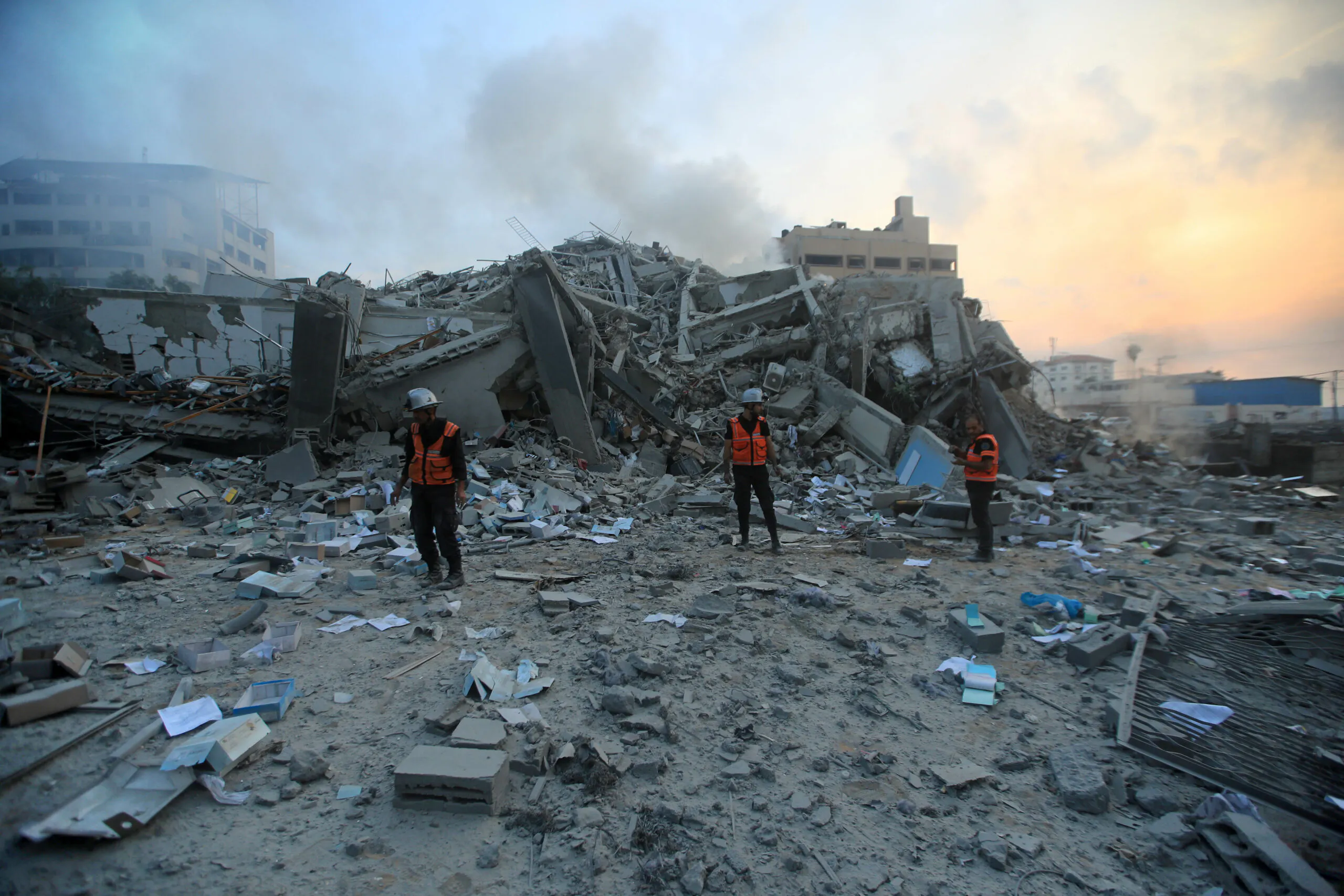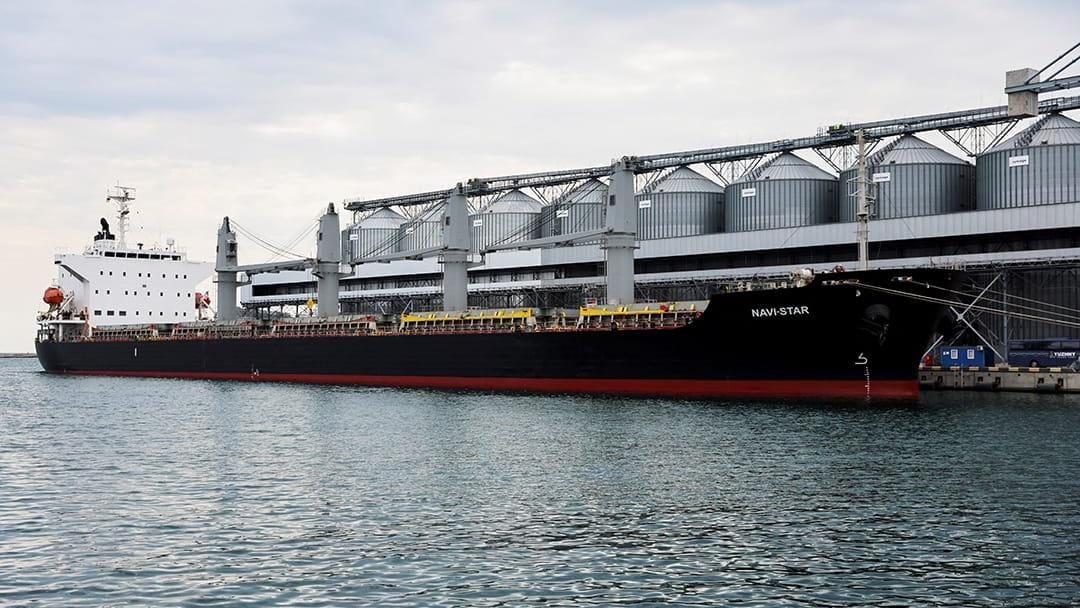Hamas-run Gaza’s civil defense agency reported the discovery of around 60 bodies following the withdrawal of Israeli troops from parts of Gaza City on Friday, amid intense ongoing conflict in the Palestinian territory.
International mediators continue their efforts to end the war, now in its 10th month. At a NATO summit in Washington on Thursday, US President Joe Biden mentioned progress toward a ceasefire, emphasizing the urgency of ending the conflict.
The bodies were found in the Tal al-Hawa and Al-Sinaa districts, according to the civil defense agency. Israeli forces had entered these neighborhoods earlier in the week, having ordered civilian evacuations on Monday.
“There are still missing people under the rubble of destroyed homes, which is difficult for our crews to reach,” said agency spokesman Mahmud Bassal.
Both residents and the agency noted the Israeli troops’ withdrawal after days of clashes with Hamas militants, though this was not immediately confirmed by Israel.
Humanitarian Crisis
Gaza’s health ministry previously reported 32 deaths, primarily children and women, from overnight attacks. Media associated with Hamas, the ruling entity in Gaza whose October 7 attack initiated the conflict, claimed Israeli forces had conducted over 70 new airstrikes.
The Israeli military stated that it was also engaged in combat in the southern Rafah area, eliminating numerous terrorists through both ground and aerial strikes.
However, the main conflict zone has been Gaza City, where two weeks of fighting have devastated the eastern Shujaiya district. The Israeli army dropped thousands of leaflets on Wednesday, urging residents to flee what was described as a “dangerous combat zone.” The United Nations reported that up to 350,000 people were sheltering in this area.
Displacement and Desperation
Among the newly displaced was Umm Ihab Arafat, who, sitting with her children amidst the rubble, described the horror and fear they have endured. “I have been displaced four times,” she said, pleading for respite for her and her children.
The International Committee of the Red Cross highlighted the severe humanitarian situation, noting that entire families are trapped and desperately seeking security. The massive needs surpass the organization’s capacity to respond. Gaza City residents have been instructed to move south, to already overcrowded and conflict-ridden areas lacking essential services.
Truce Efforts
Israel and Hamas have engaged in indirect talks through Qatari, US, and Egyptian mediators to reach a truce and negotiate the release of hostages. Israeli officials met with US and Qatari mediators in Doha on Wednesday to discuss ceasefire conditions.
Ronen Bar, head of Israel’s Shin Bet internal security agency, was set to hold talks in Cairo, according to Prime Minister Benjamin Netanyahu’s office. Netanyahu reiterated that any agreement must enable Israel to achieve its war objectives, including dismantling Hamas and securing the release of hostages. He also emphasized the necessity of maintaining control over Gaza’s southern border to prevent arms smuggling to Hamas.
President Biden outlined an Israeli plan for a six-week truce, during which hostages held in Gaza would be exchanged for Palestinians in Israeli prisons, followed by negotiations for a complete end to the war. While acknowledging the complexity of the issues, Biden remained optimistic about the progress being made.
Biden also maintained his decision to withhold delivery of powerful 2,000-pound bombs to Israel due to concerns about their use in populated areas, despite approving the shipment of less powerful 500-pound munitions. He emphasized the need for Israel to develop a “day-after” plan for Gaza and discussed diplomatic efforts to engage Arab states in security arrangements.
Hamas has proposed an independent and non-partisan government for post-war Gaza and the Israeli-occupied West Bank, according to Hossam Badran, a member of the group’s political bureau.
Aid Challenges
The conflict began with a Hamas attack on southern Israel on October 7, which resulted in 1,195 deaths, mostly civilians. The militants also captured 251 hostages, with 116 still in Gaza, including 42 believed to be dead, according to the Israeli military.
In response, Israel launched a military offensive that has claimed the lives of at least 38,345 people in Gaza, predominantly civilians, as reported by Gaza’s health ministry.
The World Health Organization stated that only five trucks carrying medical supplies were allowed into Gaza last week, while over 70 more await at the border. Additionally, a troubled US initiative to deliver aid by sea will soon end permanently due to logistical issues and damage to the temporary facility built for the effort.



